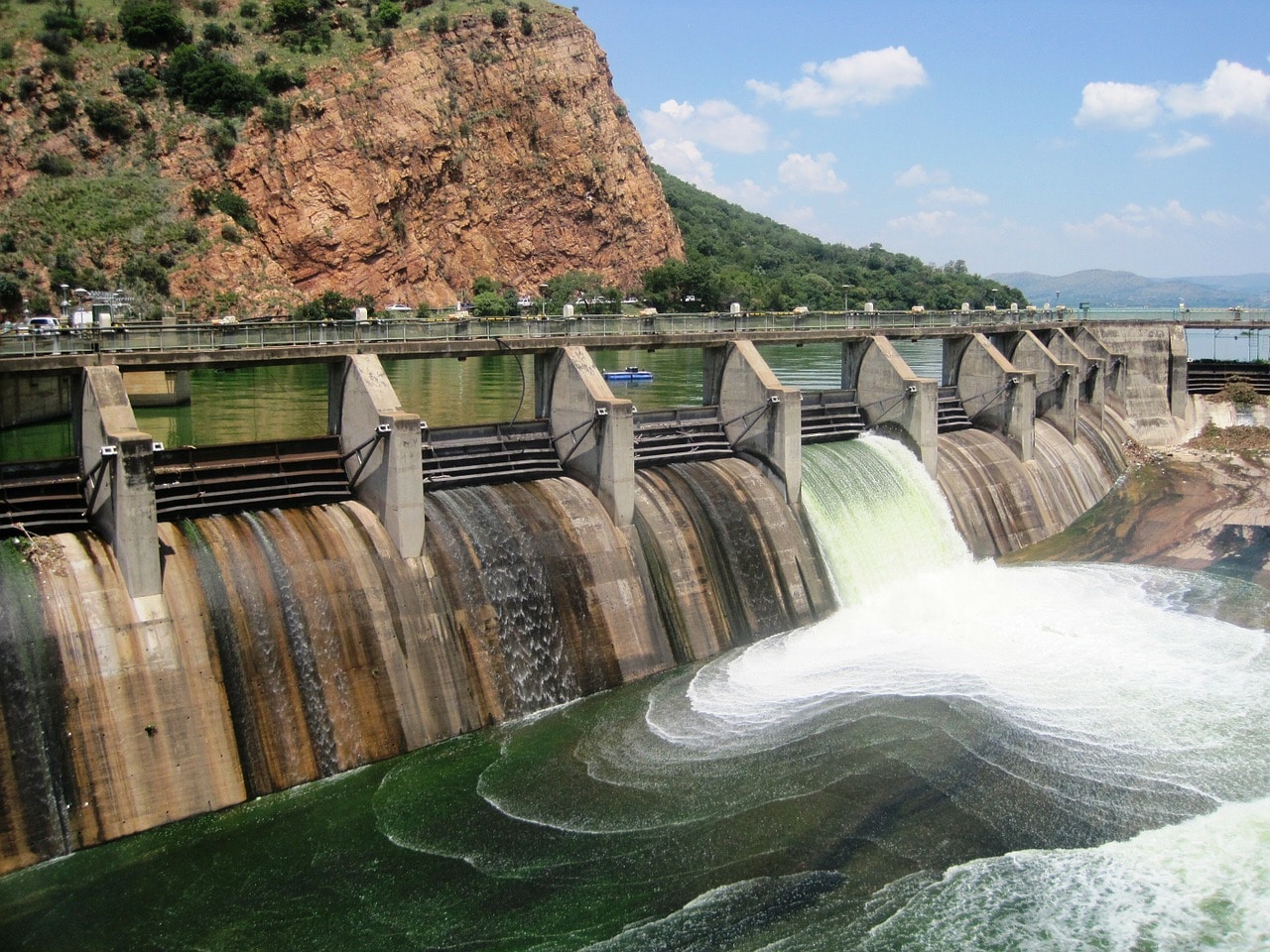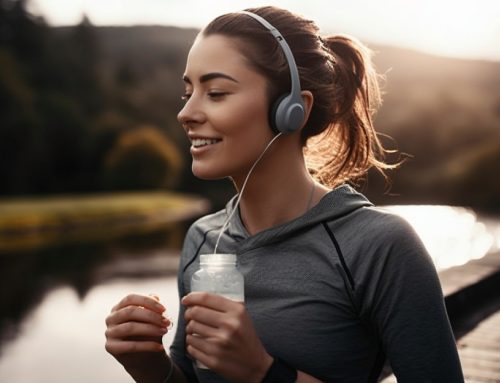Life requires access to clean water, yet most people in industrialised countries rarely consider the source of the water they use for drinking, cooking, and sanitation. The situation is entirely different in impoverished countries, where finding clean water to drink can be a daily emergency.
Due to a lack of access to clean water and proper sanitation, millions of people die every year, most of them children, from diseases that are largely preventable
Why We Must Protect Our Water
Freshwater shortages cause groundwater levels to drop and, in some cases, altogether disappear. They also cause lakes and rivers”which are used by people for irrigation and agriculture”to dry up, creating a major issue that requires immediate attention.
Due to the inability to grow food, a lack of freshwater leads to food shortages. When climate change is taken into account, this leads to an array of water issues that have alarmed governments all over the world. Since the 1992 Earth Summit, about 1.7 billion people throughout the world now have access to safe drinking water, thanks to the tireless efforts of governments and NGOs.
Unfortunately, nearly 2.7 billion people lack access to proper sanitation, and there are still around 880 million people who lack access to clean water. This creates a significant issue, especially given that it is anticipated that within the next 50 years, the world population would increase by about 3 billion people.
Looking after our freshwater resources and making sure that there is fresh water for everyone is of the utmost importance because without it, approximately 5,000 children per day die from preventable diarrheal diseases like dysentery and cholera, and approximately 6 million people suffer from preventable diseases like trachoma, which are all brought on by a lack of potable drinking water and clean water for personal hygiene.
We need to become much more efficient with agricultural water usage since it accounts for over 70% of world water use, in addition to individuals becoming more cautious with individual home water use and recycling and reusing water where we can. This can be achieved by using drip irrigation, cultivating crops that are more suited to the local climate, and providing farmers with incentives to utilise water more wisely.
According to the United Nations General Assembly, “the right to safe and clean drinking water and sanitation as a human right is vital for the full enjoyment of life and all human rights.” By guaranteeing that everyone on the earth has affordable access to the 20 to 50 litres of water needed each day to support life, we need to make that right a reality for everyone.
Purchase water dispensers in London from Living-Water. Living-Water offers water cooler rentals.






